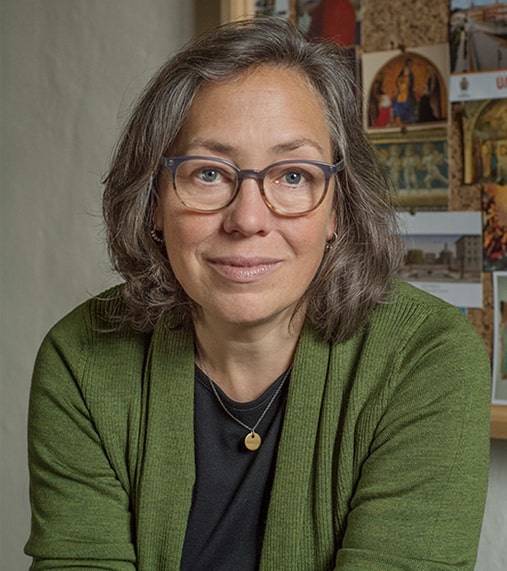
APPLE, TREE: Writers On Their Parents
It happens to us all: we think we’ve settled into an identity, a self, and then out of nowhere and with great force, the traces of our parents appear to us, in us—in mirrors, in gestures, in reaction and reactivity, at weddings and funerals, and in troubled thoughts that crouch in dark corners of our minds.
In this masterful collection of diverse essays, the apple looks at the tree. Lise Funderburg commissioned twenty-five writers to deftly explore a trait they’ve inherited from a parent, reflecting on how it affects the lives they lead today—how it shifts their relationship to that parent (sometimes posthumously) and to their sense of self.
Apple, Tree’s all-star lineup of writers brings eloquence, integrity, and humor to topics such as arrogance, obsession, psychics, grudges, table manners, luck, and laundry. Contributors include Laura van den Berg, S. Bear Bergman, John Freeman, Jane Hamilton, Mat Johnson, Daniel Mendelsohn, Kyoko Mori, Ann Patchett, and Sallie Tisdale, among others. Together, their pieces form a prismatic meditation on how we make fresh sense of ourselves and our parents when we see the pieces of them that live on in us.
Available Here:

Photo: Giorgia Fanelli
Lise Funderburg
Lise Funderburg is a writer and editor based in Philadelphia. She studied at Reed College and the Columbia University School of Journalism, and her work has appeared in many publications, including The New York Times, Washington Post, Philadelphia Inquirer, National Geographic, Salon, The Nation, More, and The Chattahoochee Review.
Her latest book is Apple, Tree: Writers on Their Parents (University of Nebraska, 2019), a collection of all-new work by 25 writers, which Publishers Weekly deemed a “sparkling anthology” in its starred review. Her previous book was Pig Candy: Taking My Father South, Taking My Father Home (Free Press, 2008), which was chosen as the Drexel University Freshman Read in 2012, and her first book was the acclaimed oral history, Black, White, Other. Pig Candy fits into several genres—including narrative nonfiction, memoir, travelogue, and biography—but essentially, it’s a book about life, death, and barbecue.



